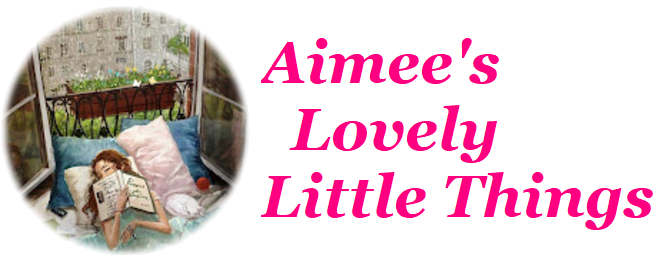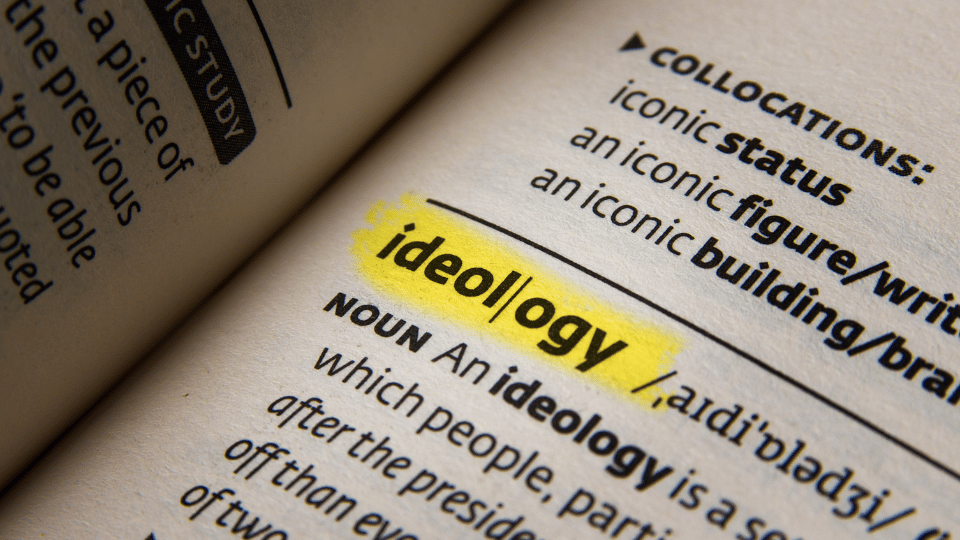Ideological possession is dangerous and it happens among the radicals on both left and right ends of the political spectrum. To put it in a layperson’s terms, it refers to the blind and uncritical embrace of any ideas or beliefs, which leave no room for disagreement or even discussion. This phenomenon is commonplace in democratic as well as authoritarian societies. Radical individuals resort to name-calling and other forms of insult whenever they are challenged. In even more extreme scenarios, it escalates into violence.
I don’t know how much you know about Hong Kong politics and what happened in the past 4 to 5 years. If “colors” still matter, I belong in what is known as the “yellow” camp. I value freedom of expression and freedom of thought. However, that doesn’t mean that I am friends with whoever with similar politics, or that I would condemn all people in the “blue” camp and disagree with all their opinions. Partly due to my job and responsibility as an educator, I have endeavored to base all my judgments on plain facts and avoid being driven purely by ideologies.
Moreover, where morality is concerned, we must go above and beyond personal beliefs–beyond “colors.” I have an acquaintance from Hong Kong who moved to Canada in the early 1990s with his family, to escape from China’s takeover of the former British colony. Recently, he proclaimed repeatedly on his social media platform that “all languages in the world have values: the only exception is Chinese.”
While this alone appears to be a biased statement, what truly shocked me was his inference that followed, as he went on to conclude that “the knowledge of Chinese in itself is a liability and a taint on a person’s personality and integrity.” In fact, he compared it to the knowledge of how to create autonomic bombs and deadly poison. He proceeded to suggest that those who know the language (those who speak both English and Chinese, for example) are inferior to people who do not (including people who only speak English).
These inferior people have only one solution: to “detoxify” themselves by stopping the use of this language. The acquaintance’s statement and suggestion, as unsettling as they seem, may be understandable to some degree and can be attributed to his strong disgust with the Chinse government’s suppression of the pro-democracy movement in Hong Kong, Chinese culture and, by extension, all things Chinese.
He is correct in one regard: languages are not transparent, and the Chinese language carries certain values of its culture of origin that he deems highly undesirable. As someone born in Hong Kong, which has been a melting pot of Western and Chinese cultures and of which bilingualism has been a key strength, I consider the former culture to be superior in general. I certainly have my own preferences: If I could only learn one language as a child, it had to be English. Yet what I found utterly incomprehensible and unacceptable is the idea that the knowledge of anything can itself be a liability and immoral—any knowledge would at worst be valueless.
To borrow his own examples, the same knowledge used to create bombs and poison can—and has—enabled the betterment of the entire human race. The idea that knowing a language is harmful also carries racist implications and may justify genocide (at least what is known as “cultural genocide”), considering the vast population that know and speak the language: they include not only people who live in China, but also overseas Chinese and their descendants who might pick up the language from their parent even without consciously learning it.
With regard to language, there are strategies to overcome those constraints posed by individual languages. To unreservedly and unquestioningly embrace linguistic determinism–the idea that language predetermines speakers’ thought processes and worldviews– is risky and irresponsible, as it would be tantamount to a denial of our agency and responsibility as members of community.
His hatred of people and things Chinese are so strong that when he learned that an Asian woman who was sexually assaulted and then murdered in Germany happened to come from a Mandarin-speaking family in Canada/US, he post a celebratory note on his Facebook platform, notwithstanding that the platform bore his real name: he was not shy about his extremism. He also circulated unsubstantiated news stories about his former home–stories that seemed highly improbable due to their very extreme nature (e.g. thousands of Hongkongers were “disappeared” in 2019). When challenged, he became extremely angry but refused to provide sources of those stories.
As much as people in the extreme right/”alt-right” are ideologically possessed–this being quite obvious–there are many ideologically-possessed individuals in left-wing “social justice” movements. People who are obsessed with their ideals–be they equity or diversity–shut own dissenters, label them as “bigots,” and attempt to take away their jobs and livelihoods. In my acquaintance’s case, the traumatic experiences turned him into an extreme radical who detest anything Chinese and bearing any remote relationship to China. It is saddening to see him, a well-educated and intelligent individual now married and having a stable job (which is decent by any measure) in Canada, devolved into this state. While I tried to make peace with him, he called me a “pro-China scum” in my face. I determined that he was rotten and completely gave up engaging with this individual. The mirror image of authoritarianism is not democracy: it is evil by a different name.
The best way to avoid ideological possession and radicalization is to expose oneself to different opinions and ideas and not stay in one’s echo chamber. It is also necessary to engage, either actively or passively, and to abide by one’s principles. To be a person of principle means that we based on judgments on facts, not pure ideologies. We apply the same principles to different people and groups and not privilege certain groups and people over others according to our likes and dislikes. We do not bend the principles to realize some ideal, which may well be a dystopia in the making.
I know that I am now hated and mistrusted by many radicals on both the left and right — people like my acquaintance is by no means rare. Yet I believe that we should have the courage to be disliked/hated (for pursuing truth and real justice). This courage, which would prevent the world from degenerating into an intellectual cesspool and people from becoming mindless sheep, is what is lacking in supply in today’s society.
Read more about related topics (e.g. Ideological possession and “woke culture”)

